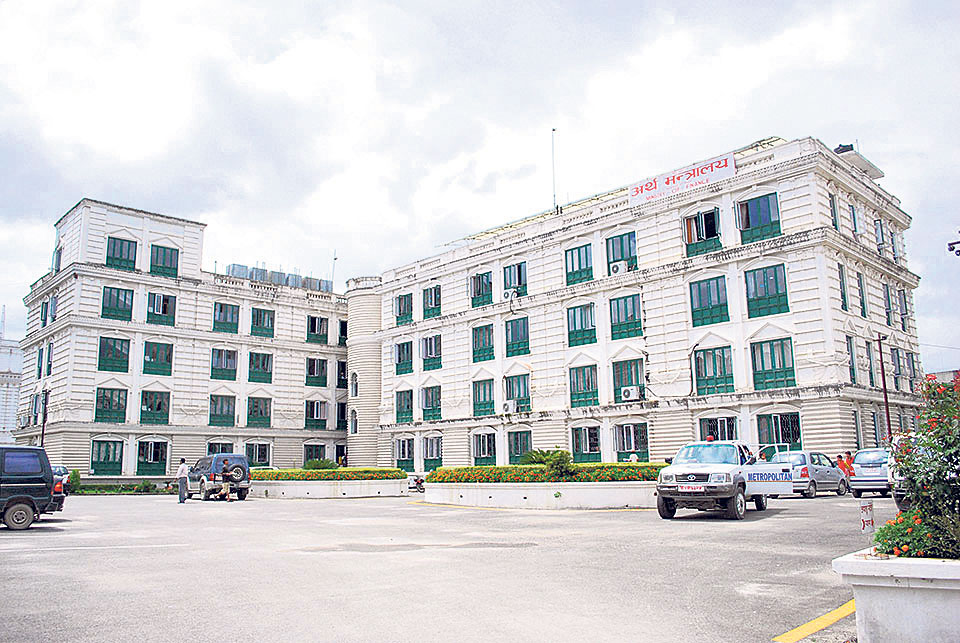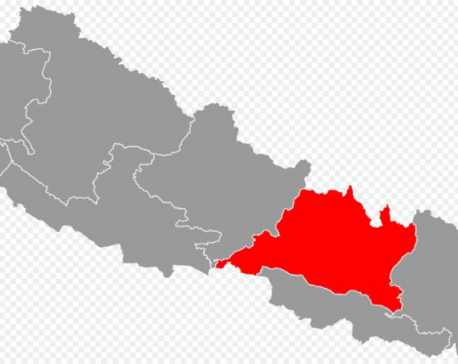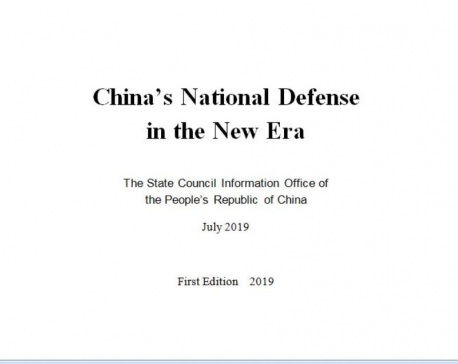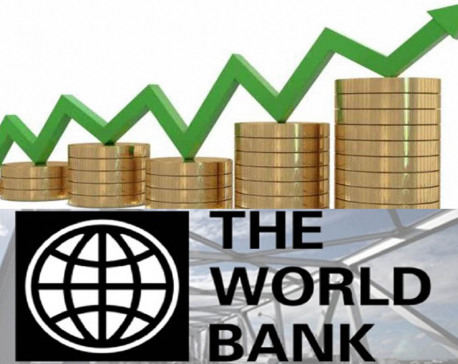
OR
Government's White Paper
Nepal’s public borrowing increasing at an alarming rate: Govt’s whitepaper
Published On: August 11, 2021 07:27 AM NPT By: Republica | @RepublicaNepal

KATHMANDU, August 11: Nepal’s public borrowing has reached 40.5 percent of the country’s gross domestic product, shows the whitepaper on the country’s economy that the Sher Bahadur Deuba-led government issued on Tuesday.
Releasing the whitepaper in parliament, Finance Minister Janardan Sharma said that out of the public debt worth Rs 1.729 trillion as of now, Rs 928 billion accounts for external loans while the rest of Rs 801 billion is the government’s financial liabilities to the domestic sectors.
In 2017/18, the country’s debt was Rs 698 billion, which accounted for 22.7 percent of the country’s GDP. The whitepaper shows that the country’s debt has increased almost by three-folds in the past four years.
Despite a significant rise in the public borrowing, mobilization in the production sectors is negligible. “This will cause a shortage of financial resources in the development projects and will also take the cost of funds mobilization to a maximum. Similarly, a large portion of the government revenue will be needed to offload interest and loan repayment,” reads the whitepaper.
According to Finance Minister Sharma, the economic growth of 7 percent for 2021/22 projected by the previous government is unrealistic. “Due to the second wave of the COVID-19, the projected economic growth rate is unlikely to be achieved,” he said.
The whitepaper states that the economy has been persistently facing the problems like under inadequacy of both internal and external investments, increasingly trade-oriented investment than production-oriented investment, high cost of production, inefficiency of the government to exhaust capital expenditure, weak connection between economic growth and employment creation, unequal distribution of the benefits of the economic progress and inability to formalize the informal sectors.
It has almost been a trend that every new government to issue whitepaper, which rather than reflecting the actual status of the economy, spares on criticizing the works of the previous government. Earlier in November, 2015, Bishnu Prasad Paudel, who was finance minister in the government led by KP Sharma Oli, had also issued white paper in light of the undeclared trade blockade imposed by India and the devastating earthquakes of 2015 that crippled the country's economy.
On March 30, 2018, the then Finance Minister Yubaraj Khatiwada had also issued a statement on the country’s economy. Although Khatiwada in his white paper expressed commitment to come up with measures to reduce the ever-expanding trade deficit and the initiatives to expedite capital-intensive development projects, this has hardly been realized.
The white paper issued by Khatiwada also courted severe criticisms from the opposition party leaders and a section of economists that the finance minister had just 'cherry-picked' economic data to show only the bleak picture of the country while ignoring the positive macroeconomic fundamentals of the country.
You May Like This

Bagmati Province shares about half of service sector’s earnings of Nepal’s GDP
KATHMANDU, Dec 3: About half of the transactions in Nepal’s service sector take place in Bagmati Province, where the country’s Federal... Read More...

China strives to deepen military partnership with neighbors
KATHMANDU, July 24: China on Wednesday said that it is endeavoring to deepen military partnership with its neighboring countries. ... Read More...

Complete education, full health could double Nepal's GDP per capita: WB
KATHMANDU, June 7: Nepal has the potential to double its Gross Domestic Product (GDP) per capita in the long run if... Read More...






Just In
- Wind storm likely at a few places of Koshi and Sudurpaschim
- EVs adoption in Nepal surge in Nepal with government support measures
- Mayors' Forum urges Finance Minister Pun to settle electricity dues
- By-Election: Voting underway in Ilam-2 and Bajhang-1(a)
- Save the Children report highlights severe impact of air pollution on children
- NATO Serving as a Catalyst to Fuel Violence
- Home Minister denies any delay in providing relief to wildfire and fire victims
- Ties with Tehran













Leave A Comment